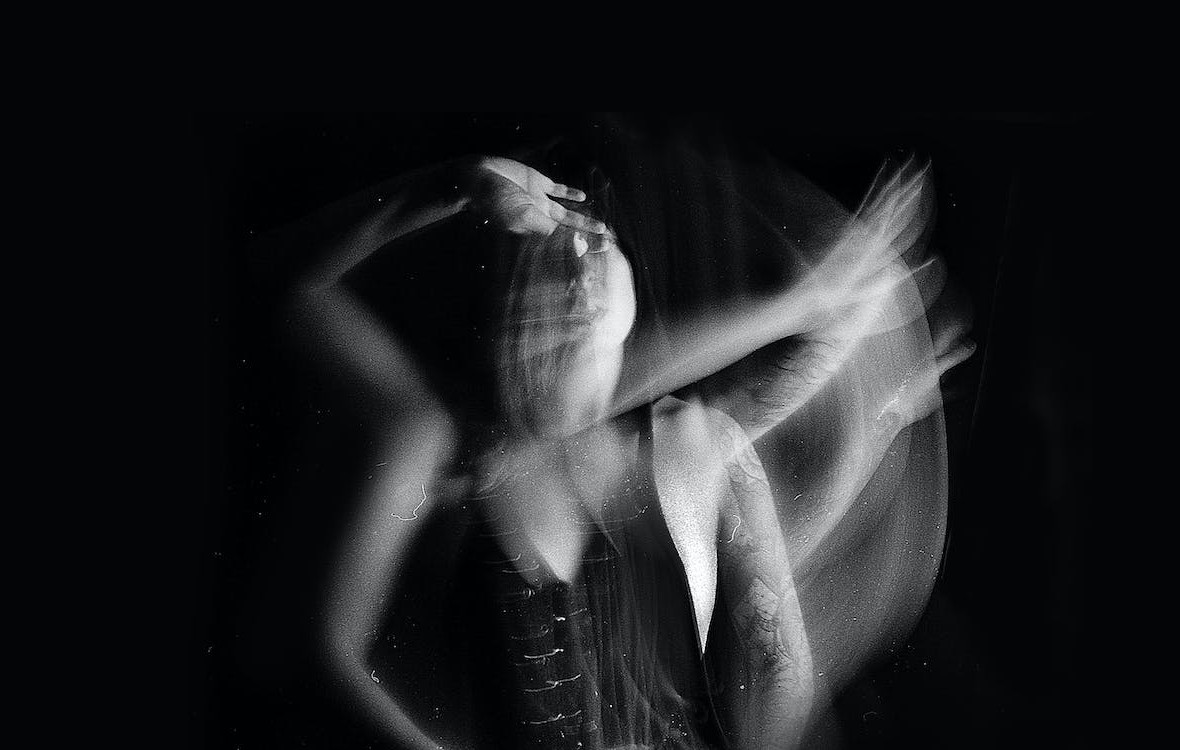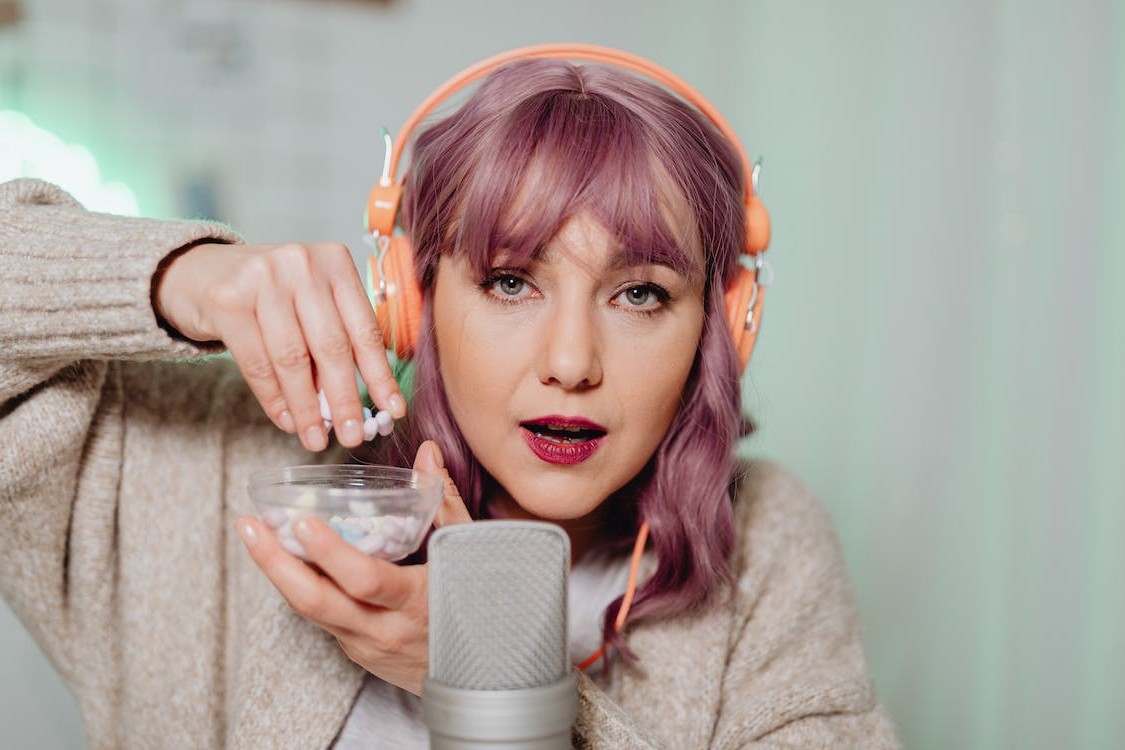Art and Music Therapy in Benzo Addiction Recovery
When you find yourself ensnared in the tight grip of benzodiazepine addiction, it often feels like a storm inside, a cacophony of discordant emotions and thoughts. But what if there were a way to tune into a different frequency? One that resonates with your inner peace, offering solace and an avenue for expression? This is where the ancient, Eastern wisdom meets contemporary therapeutic techniques: art and music therapy.
Finding Balance through Creative Expression The essence of Eastern philosophy rests on balance, the Yin and Yang of existence. In the tumultuous journey of recovery, art becomes your Yin, allowing you to pour out emotions, while music becomes the Yang, guiding you through the rhythms of healing. These therapies don’t just address the symptoms; they touch the very core of your being, helping you find balance.
A Journey of Self-Discovery Art and music therapy take you on a voyage. With each brushstroke, with every note, you dive deep into your psyche, unearthing memories, feelings, and thoughts. It’s an exploration of self, offering insights that might have remained obscured in traditional therapies.
The Universality of Art and Music Drawing from Eastern tenets, art and music transcend linguistic and cultural barriers. They’re universal languages, resonating with the soul. Regardless of where you’re from or what experiences you bring to the table, these therapies offer a common ground, a sanctuary of expression.
The Role of Changes Rehab Changes Rehab recognizes the profound impact art and music therapy can have on benzodiazepine addiction recovery. Incorporating these therapies, they pave the way for holistic healing, ensuring that while the body recovers, the mind and soul are nurtured.
Frequently Asked Questions:
- How does art therapy help in addiction recovery?
- Art therapy provides a non-verbal medium for expressing emotions and confronting underlying issues related to addiction.
- Is musical talent necessary for music therapy?
- No, music therapy is about connection and expression, not proficiency.
- How do these therapies align with Eastern philosophy?
- Eastern philosophy emphasizes balance and holistic wellness. Art and music therapy touch not just the mind but the soul, promoting overall harmony.
- Can I choose between art or music therapy at Changes Rehab?
- Changes Rehab offers both therapies, understanding the unique resonance each might have with different individuals.
- Are these therapies group-based or individual?
- Both options are available. It often depends on the individual’s comfort and therapeutic goals.
- How frequent are these therapy sessions at Changes Rehab?
- The frequency is tailored to meet individual needs and recovery paths.
- Is there scientific evidence supporting art and music therapy in addiction recovery?
- Yes, numerous studies highlight the psychological and physiological benefits of these therapies in addiction treatment.
- Do I need any special equipment or instruments?

- Changes Rehab provides all necessary materials and instruments for the therapy sessions.
- How do these therapies complement traditional treatment methods?
- While traditional methods address the physical and cognitive aspects of addiction, art and music therapy delve deeper, facilitating emotional and spiritual healing.
- Can family members be involved in these therapeutic sessions?
- Changes Rehab recognizes the value of family in the recovery process and, in some instances, can incorporate them into sessions.
Art and music therapy aren’t just therapeutic techniques; they’re a bridge to your inner world, a way to communicate with your true self. As you navigate the path of recovery, these therapies offer a compass, guiding you through the terrains of emotion, memory, and hope. They are the harmony amidst the chaos, a testament to the healing power of expression.
Here’s a contrasting table based on the topics related to “The Benefits Of Art And Music Therapy In Benzodiazepine Addiction Recovery”
| Aspect | Art Therapy | Music Therapy |
|---|---|---|
| Nature of Therapy | Visual expression through various art mediums like painting, drawing, etc. | Auditory expression through instruments, voice, or listening to music. |
| Primary Mode of Expression | Non-verbal: Uses visual elements like color, shape, texture. | Both verbal and non-verbal: Uses rhythms, melodies, lyrics. |
| Exploration of Self | Dive deep through tangible art creation; visual representation of emotions. | Dive deep through melodies and rhythms; resonating feelings with musical notes. |
| Requirement of Skill | No prior art skills necessary; about connection and self-expression. | No musical proficiency needed; about connection and expression. |
| Therapeutic Focus | Addresses emotions, confronts underlying issues visually. | Connects emotions with rhythms, creates a healing auditory environment. |
| Universality | Transcends linguistic barriers through visual interpretations. | Transcends linguistic barriers through universal musical notes and rhythms. |
| Session Structure at Changes Rehab | Both group-based and individual sessions available. | Both group-based and individual sessions available. |
| Materials/Instruments Needed | Art materials provided by Changes Rehab. | Musical instruments or audio devices provided by Changes Rehab. |
Diving deep into the world of benzodiazepine recovery, it’s so heartening to see therapies like art and music not just as frilly add-ons, but as genuine pillars of support. Picture this: You, lost in the swirls of your canvas, or perhaps swaying to a rhythm that echoes your heartbeat. It’s not just about the tunes or the colors; it’s about reconnecting with that part of yourself that’s been yearning to break free.
See, the beauty of these therapies is how they allow you to dance on that line between expression and introspection. In every brushstroke or chord, you’re not just creating; you’re understanding, you’re healing, you’re growing. It’s a profound journey, and it’s one that resonates so deeply with the core essence of recovery. Art and music become more than therapies; they transform into lifelines, guiding you through the murky waters of addiction towards the warm shores of rediscovery.
And as you traverse this path, remember the wise words of Friedrich Nietzsche, “Without music, life would be a mistake.” Whether it’s the strum of a guitar, the beat of a drum, or the stroke of a paintbrush, embrace the rhythms and hues of recovery. Your heart, your spirit, and your journey deserve nothing less.
